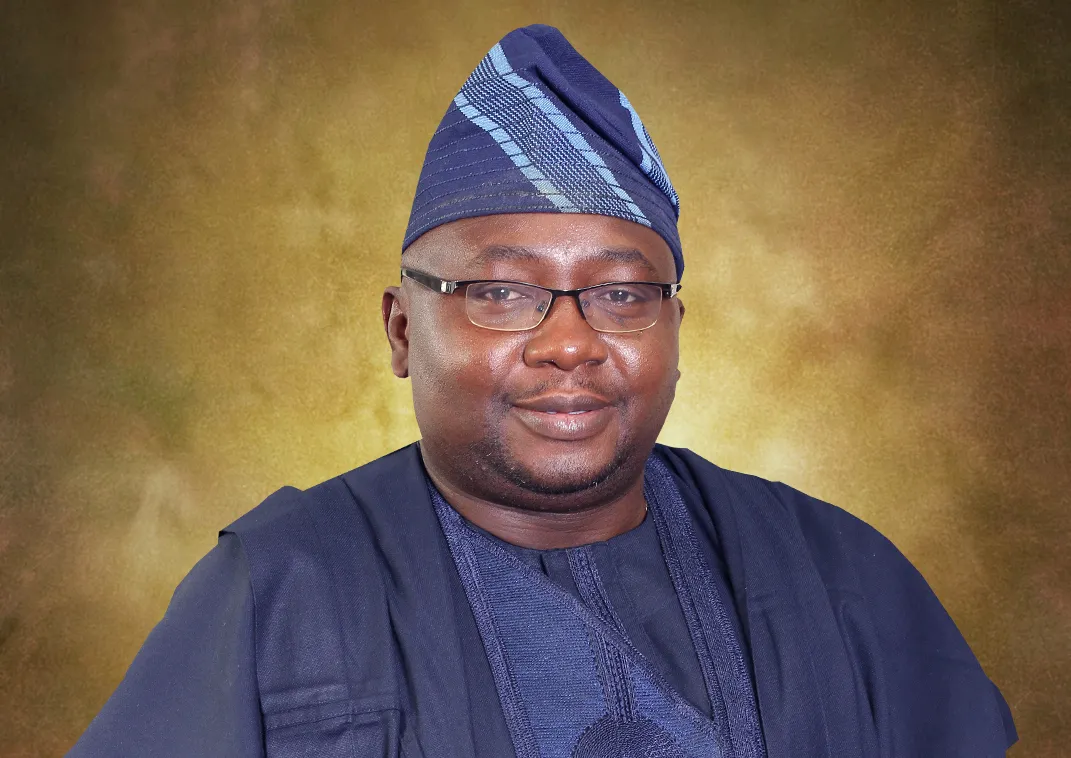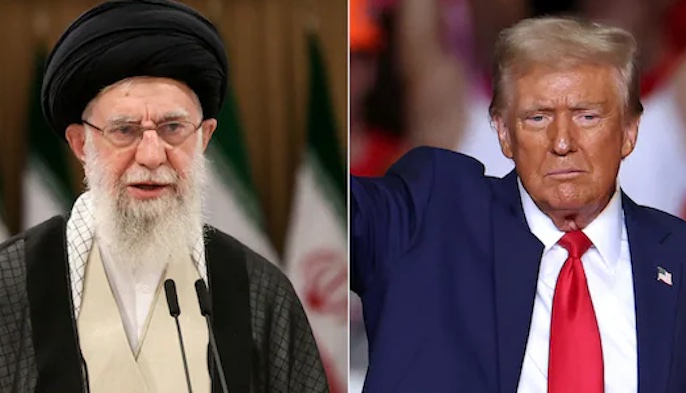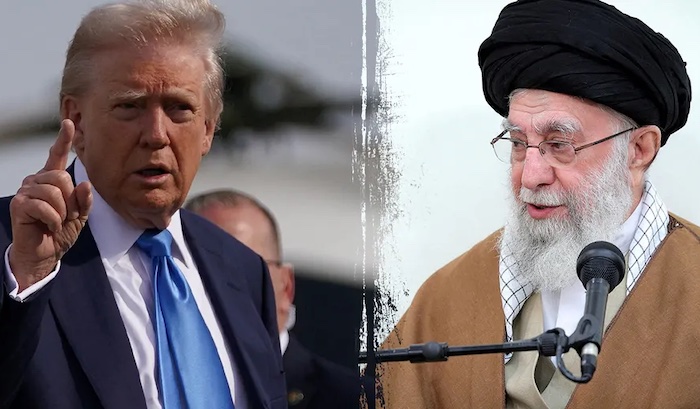
Minister of Power, Adebayo Adelabu, says electricity centralisation has failed, urges 36 states to activate autonomy under the 2023 Electricity Act…..
The Federal Government has called on the 36 states to take full control of power generation, transmission, and distribution within their territories.
The Minister of Power, Adebayo Adelabu, made the declaration on Tuesday at the Nigeria Energy Leadership Summit held in Lagos, saying the country’s centralised electricity system has failed to deliver sustainable power despite decades of reforms and investments.
“The responsibility of providing stable electricity can never be left in the hands of the Federal Government,” Adelabu said.
“At the centre, you cannot, from Abuja, guarantee stable power across the country.”
Electricity Act 2023 ‘Decentralises Power Sector’
Adelabu explained that the signing of the Electricity Act 2023 by President Bola Tinubu marked a turning point for the sector, devolving regulatory powers to states and allowing them to create independent electricity markets.
“A country as vast as Nigeria, with over 200 million people, cannot operate a centralised power system,” he said.
“The Act enables states to participate fully across the power value chain, generation, transmission, distribution, and related services. This decentralisation is the only way forward.”
The minister added that the new approach forms part of a comprehensive national power agenda anchored on legislation, policy reform, infrastructure expansion, energy transition, and capacity development all designed to attract private investment and deliver reliable, affordable electricity to Nigerians.
Private Sector Investment ‘Essential’
Adelabu stressed that the scale of investment required to fix Nigeria’s power sector cannot come from government funds alone, given competing national priorities such as health, education, and defence.
“We need private capital, both local and foreign to drive the sector,” he said.
“That’s the advantage of this new legislation. It creates room for competition and private participation across the entire value chain.”
States Begin Exercising Autonomy
Since the passage of the Electricity Act, 15 states have secured regulatory autonomy, with Enugu becoming the first to fully operationalise its Electricity Regulatory Commission.
“We are working with these states to ensure strong alignment between the wholesale and retail markets,” Adelabu noted.
“We expect more states to follow suit, especially in the off-grid and rural electrification segments.”
The minister challenged state governments to “raise the bar” by actively engaging investors to establish mini-grids, solar farms, and small hydro projects to boost local supply.
“Many of our states are bigger than some West African countries, there is no reason we can’t run our power systems like them,” he said.
“Use your autonomy. Challenge the Transmission Company of Nigeria (TCN) and the DisCos to deliver for your people.”
States, Investors Respond
At the event, Chairman of the Enugu Electricity Regulatory Commission, Chijioke Okonkwo, said states are ready to take on the challenge.
“The minister is right, states must take responsibility for power generation, transmission, and distribution. That is the way forward,” Okonkwo said, adding that Enugu was open to private investors in mini-grid projects.
Lagos State Governor, Babajide Sanwo-Olu, represented by Commissioner for Energy and Mineral Resources, Biodun Ogunleye, also invited investors to participate in Lagos’ emerging electricity market, while Katsina State Governor, Dikko Radda, through his deputy Faruk Lawal-Jobe, declared his state’s readiness to collaborate with the private sector to expand power access.
Revenue, Market Reforms Underway
Adelabu also disclosed that reforms in tariff structures and commercialisation have strengthened industry liquidity, with revenue in the power sector rising from ₦1 trillion in 2023 to ₦1.7 trillion in 2024, and projected to exceed ₦2 trillion in 2025.
He cited South Africa’s $25 billion transmission grid expansion initiative as an example of large-scale private participation that Nigeria hopes to emulate through its Presidential Power Initiative (Siemens Project), valued at $2.3 billion.
Unlocking 10GW of Stranded Power
The minister lamented that Nigeria currently has over 10 gigawatts of stranded generation capacity electricity that could power industries and even support exports to neighbouring countries if transmission and distribution bottlenecks were removed.
“We are open to partnerships that can unlock this potential. Our policy environment is clear, and our national leadership is committed to creating the conditions for long-term investment and innovation,” Adelabu said.
Analysts See ‘Turning Point’
Experts say Adelabu’s charge is a wake-up call for states to take advantage of the autonomy granted by the Electricity Act. If states embrace the opportunity, they argue, Nigeria could finally decentralise its power system, boost access, and reduce reliance on the fragile national grid.



